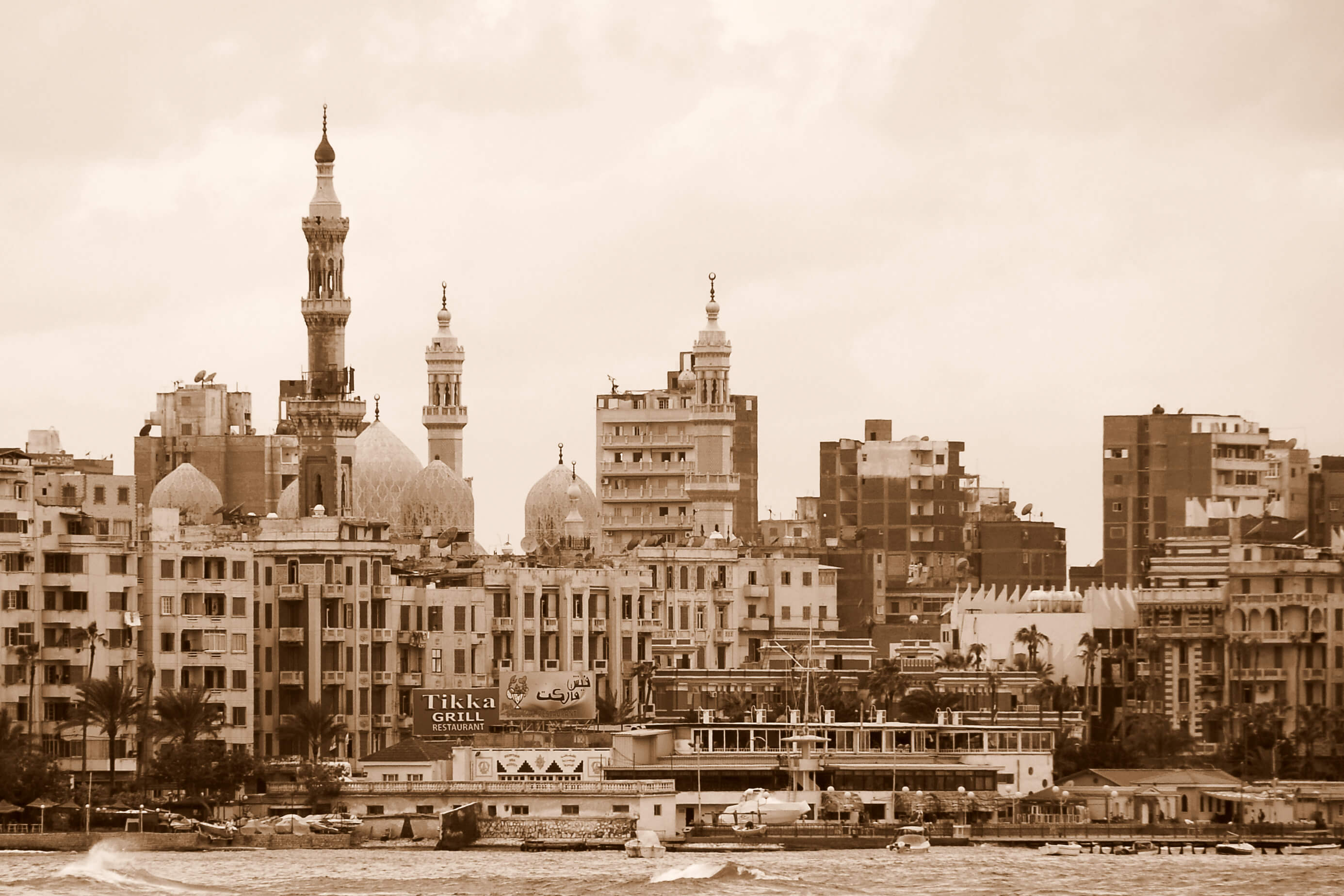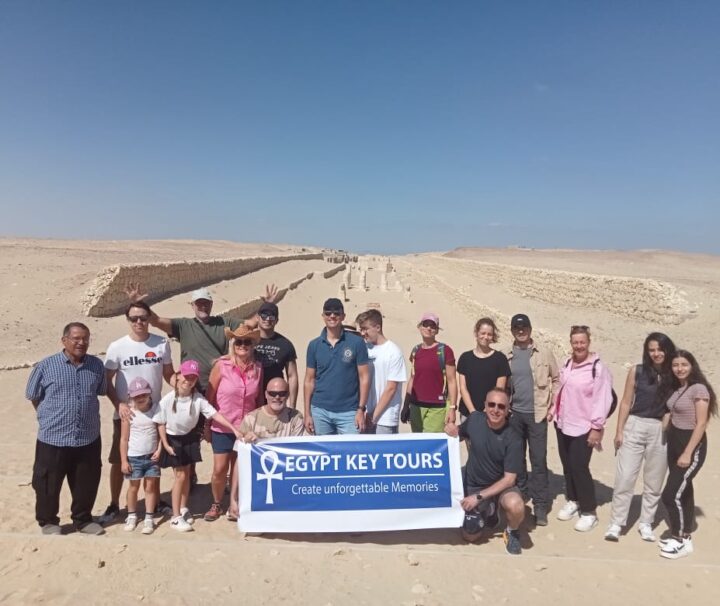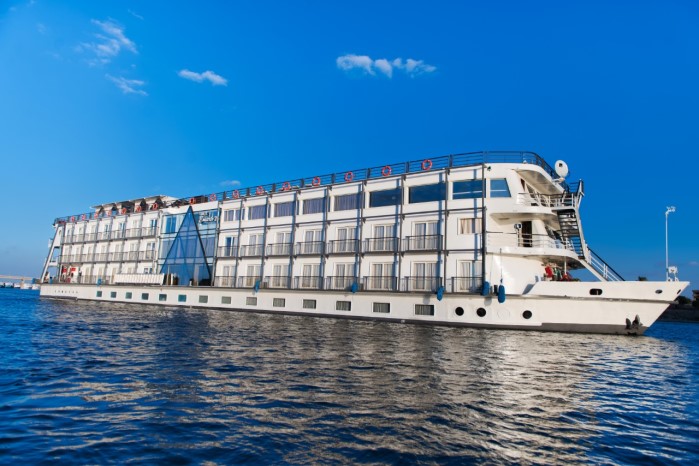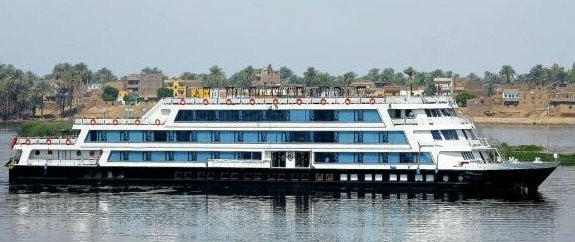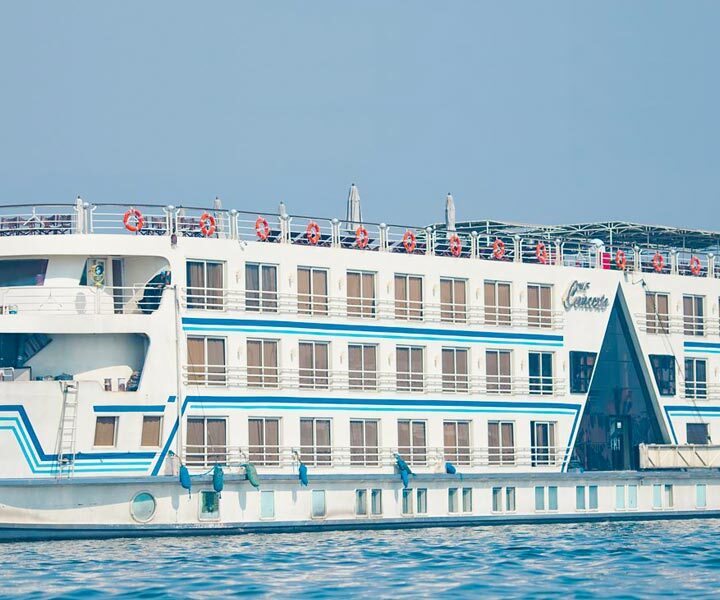Alexandria
Alexandria is the second largest city and a major economic center in Egypt, extending about 32 km (20 mi) along the coast of the Mediterranean Sea in the north central part of the country. Alexandria is an important industrial center because of its natural gas and oil pipelines from Suez. Alexandria is also an important tourist destination.
Alexandria is a port city on the Mediterranean Sea in northern Egypt founded in 331 BCE by Alexander the Great. It is most famous in antiquity as the site of the Pharos, the great lighthouse (Pharos), considered one of the seven wonders of the ancient world, for the Temple of Serapis, the Serapion, which was part of the legendary library (the largest in the ancient world; now replaced by a modern one) at Alexandria, as a seat of learning and, once, the largest and most prosperous city in the world. It also became infamous for the religious strife which resulted in the martyrdom of the philosopher Hypatia of Alexandria in 415 CE. The city grew from a small port town to become the grandest and most important metropolis in ancient Egypt.
It became an important center of the Hellenistic civilization and remained the capital of Hellenistic and Roman and Byzantine Egypt for almost 1000 years until the Muslim conquest of Egypt in AD 641, when a new capital was founded at Fustat (later absorbed into Cairo).
Alexandria was the second most powerful city of the ancient world after Rome. Ongoing maritime archaeology in the harbor of Alexandria, which began in 1994, is revealing details of Alexandria both before the arrival of Alexander, when a city named Rhacotis existed there, and during the Ptolemaic dynasty.
From the late 18th century, Alexandria became a major center of the international shipping industry and one of the most important trading centers in the world, both because it profited from the easy overland connection between the Mediterranean Sea and the Red Sea, and the lucrative trade in Egyptian cotton.

